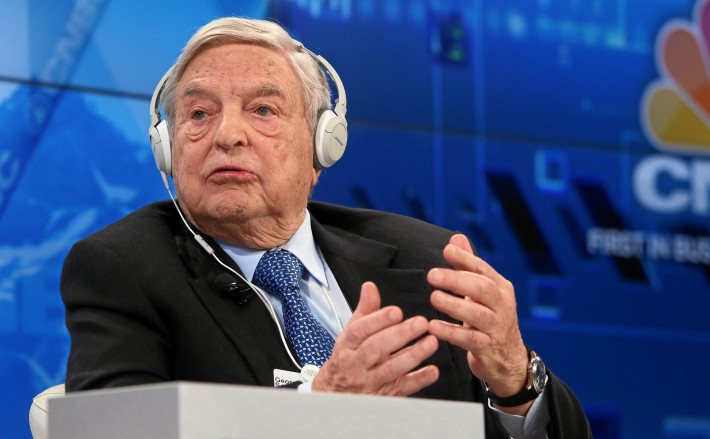July 20, 2021 (EIRNS)—The “Wind Corridor” in the Central States (Dakotas south through Texas), created by the green rip-off interruptible cartels, is also the “Food Corridor” for the entire U.S., as well as a large part of the world. The two states in the center of the Wind Corridor, Iowa and Kansas, head the nation with the highest percent share of their electricity coming from wind and solar: Iowa, 49 percent and Kansas, 43 percent. Plus, there are still more “renewables” projects underway here, and more shutdowns of coal and nuclear.
Central States spokesmen against the killer green energy subversion will participate in the July 24 Schiller Institute conference, “There Is No Climate ‘Emergency’—Apply Science and Development to End Blackouts and Death.”
Blackouts in farming are a disaster. Water pumps stop. Irrigation stops. Grain drying stops. Auguring stops for moving grain. Livestock heating, cooling, and watering stops. Manure removal stops. Electrified repair machinery stops. Food processing stops. Frozen storage stops. Milk goes bad. Milking machinery stops. Transportation of inputs (fertilizers, chemicals, seeds) stops. Transportation to market and processing jams up for animals, grains, produce.
Look at the rank of Kansas and Iowa, combined population six million, in U.S. states’ food production: Wheat: Kansas is number one, accounting for nearly 20 percent. Corn: Iowa is number one. Soybeans: Iowa ranks either 2nd or 1st with Illinois, year to year. Hogs: Iowa is number one, accounting for nearly one third. Cattle: Kansas ranks third; but together with Iowa, the two states rank second after Texas. Eggs: Iowa is number one.

















